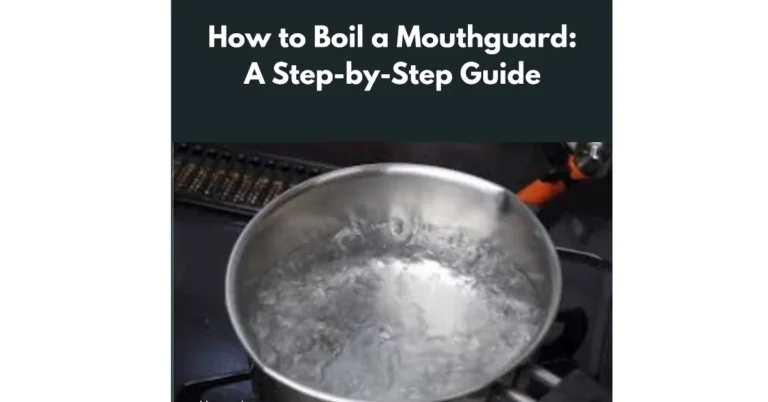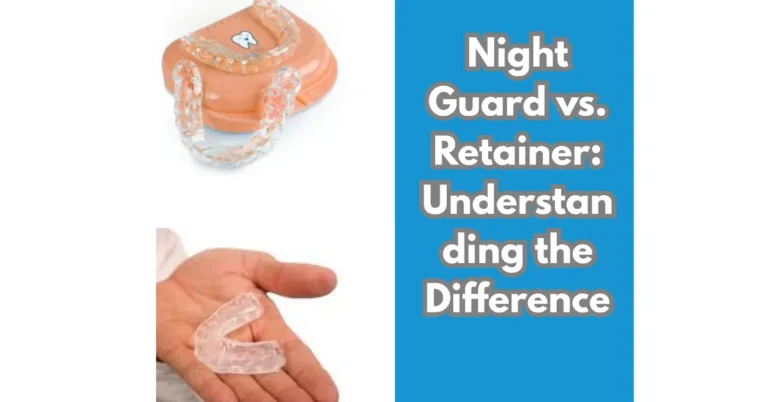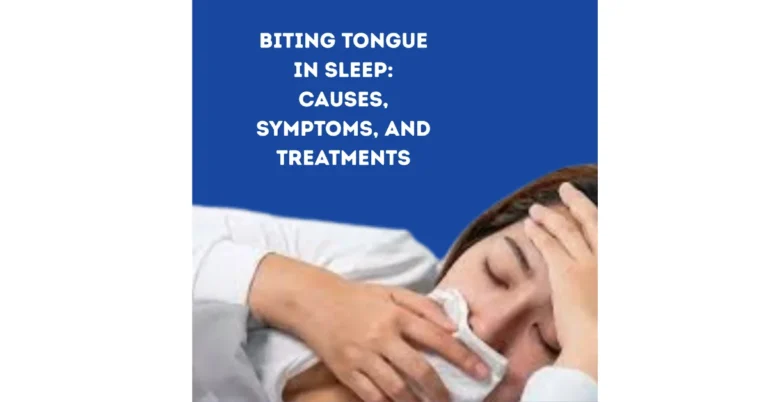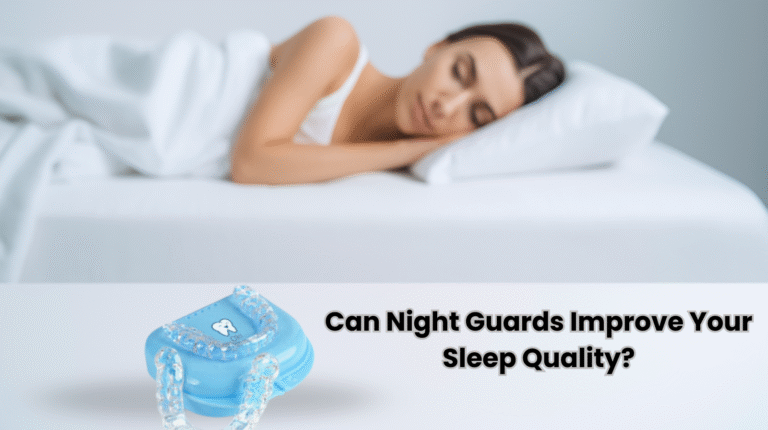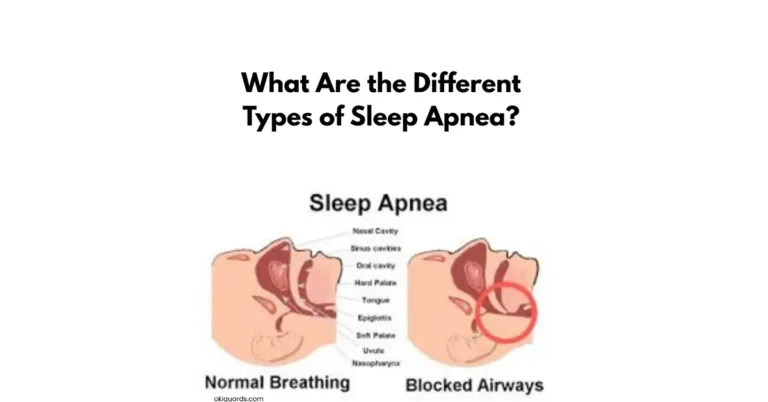Teeth Chattering and Anxiety: Could Bruxism Be the Cause?
Teeth chattering is a common response to stress, anxiety, or even a cold, but when it becomes a frequent issue, it might point to a deeper problem. Bruxism, which refers to the grinding or clenching of teeth, is often linked to anxiety and can lead to teeth chattering, especially during stressful moments or sleep.
In this article, we’ll explore how anxiety triggers teeth chattering, how bruxism plays a role, and what you can do to manage both. By understanding the connection between anxiety and teeth chattering, you can take steps to protect your oral health and reduce the discomfort caused by these involuntary actions.
What Is Teeth Chattering?
Teeth chattering refers to the involuntary movement of the teeth, caused by a vibrating or rattling sensation. It can occur as a response to cold temperatures, stress, fear, or even anxiety. While occasional teeth chattering is common, frequent occurrences may indicate an underlying issue, especially when combined with other symptoms like jaw pain or headaches.
How Anxiety Leads to Teeth Chattering?
Anxiety triggers a “fight or flight” response in the body, causing muscles to contract and the nervous system to become heightened. This physical tension often extends to the jaw, causing it to tighten and resulting in teeth clenching or grinding. When anxiety becomes chronic, this muscle tension can lead to constant teeth chattering, particularly in stressful situations or during sleep, further contributing to bruxism.
The Role of Bruxism in Teeth Chattering
Bruxism is a condition where an individual unconsciously grinds or clenches their teeth, often while sleeping. It can be triggered by stress, anxiety, or even certain medications. Bruxism can lead to teeth chattering as the jaw muscles continue to work overtime during episodes of grinding, causing teeth to knock together. Over time, untreated bruxism can lead to serious dental problems, such as tooth wear, jaw pain, and headaches.
How Anxiety Triggers Teeth Grinding and Chattering?
When anxiety levels rise, the body’s natural response is to activate the fight-or-flight mechanism. This response leads to heightened muscle tension, including in the jaw area. As the body reacts to stress, individuals may unconsciously clench their teeth or grind them, especially at night. This involuntary action can also cause teeth chattering, particularly in stressful situations, as the nervous system continues to stay on alert, further exacerbating bruxism.
Common Symptoms of Anxiety-Induced Teeth Chattering
- Frequent jaw tension or tightness, particularly during or after stressful events.
- Persistent headaches or facial pain due to excessive jaw clenching.
- Grinding sounds while sleeping or during stressful moments.
- Difficulty relaxing the jaw muscles, even in calm situations.
- Tooth sensitivity or worn-down teeth as a result of grinding.
Why Stress Makes Bruxism Worse?
Stress is a major contributor to bruxism, as it heightens the body’s fight-or-flight response, causing the muscles to contract. During times of anxiety, this tension often extends to the jaw, which results in clenching and grinding. The more stress an individual experiences, the more likely they are to unknowingly engage in bruxism, especially during sleep. Over time, chronic stress can cause long-term damage to the teeth, jaw, and surrounding muscles, making it essential to manage stress levels to prevent worsening bruxism.
Treating Teeth Chattering Caused by Bruxism and Anxiety
When teeth chattering is caused by bruxism and anxiety, treating both the physical and emotional triggers is essential to finding relief. Here are some effective ways to manage teeth chattering and bruxism:
Stress Management
- Relaxation Exercises: Deep breathing, progressive muscle relaxation, or guided imagery can help reduce stress and ease muscle tension in the jaw, potentially decreasing teeth grinding and chattering.
- Mindfulness and Meditation: Practicing mindfulness can help lower anxiety and create awareness of when teeth clenching occurs, allowing for better control and reduction of grinding.
Professional Treatments for Bruxism
- Dental Guards and Mouthpieces: Wearing a custom-fitted nightguard or mouthpiece can protect the teeth from the damaging effects of grinding and prevent teeth chattering during sleep. These devices help cushion the teeth and reduce the pressure on the jaw muscles.
- Therapy and Counseling for Anxiety: If anxiety is a big contributor, therapy options like Cognitive Behavioral Therapy (CBT) can help address the root causes of anxiety. Addressing the underlying mental health issues can lead to a reduction in the physical symptoms like bruxism.
- Medications: In some cases, healthcare providers may recommend medications to help manage anxiety or muscle relaxants to relieve jaw tension associated with bruxism.
FAQs
Conclusion
Teeth chattering linked to anxiety can be a sign of bruxism, a condition that requires proper management to prevent long-term damage. By addressing both the physical and emotional triggers, such as stress and anxiety, you can reduce symptoms and protect your oral health. Seeking professional treatment is essential to effectively manage bruxism and find relief from teeth chattering.

